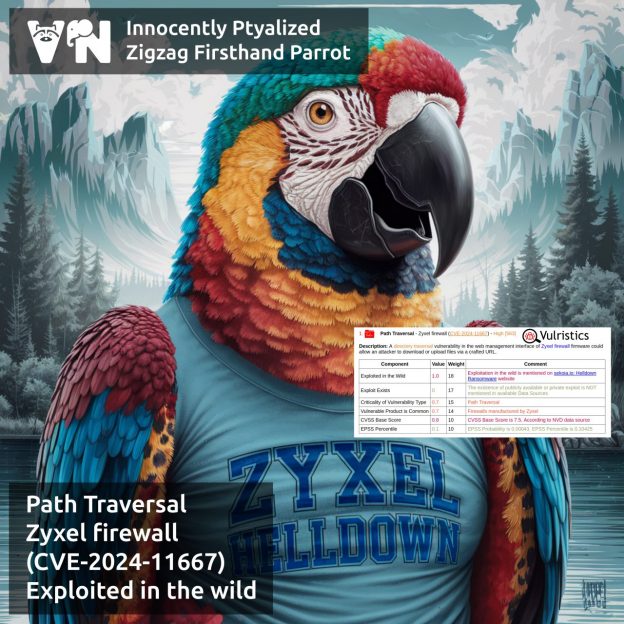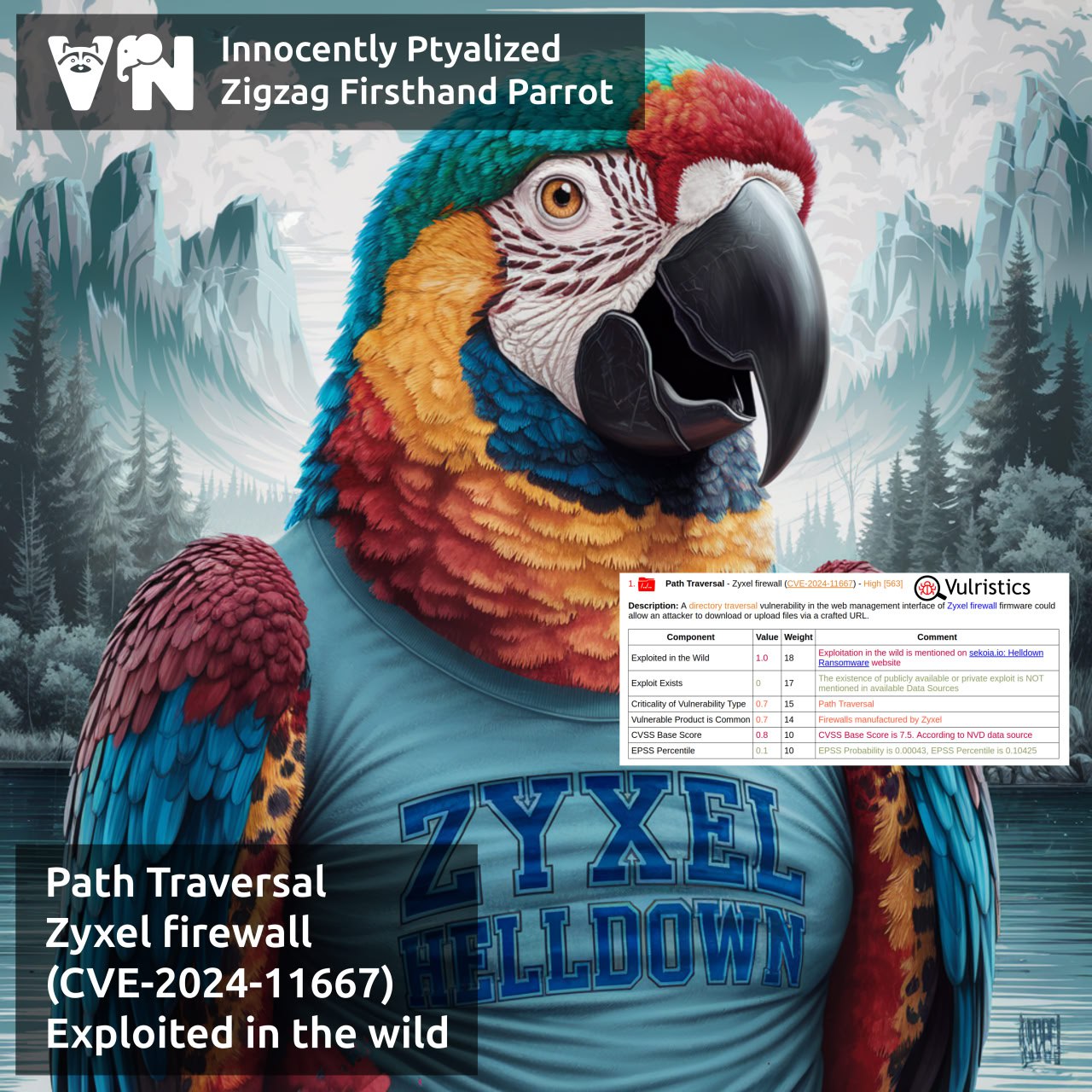
About Elevation of Privilege – Windows Task Scheduler (CVE-2024-49039) vulnerability. It was released on November Microsoft Patch Tuesday and showed signs of exploitation in the wild right away. To exploit the vulnerability, an authenticated attacker runs a specially crafted application on the target system. The attack can be performed from an AppContainer restricted environment. Using this vulnerability, an attacker can elevate their privileges to Medium Integrity level and gain the ability to execute RPC functions that are restricted to privileged accounts only.
ESET reports that the vulnerability allowed the RomCom attackers to execute malicious code outside the Firefox sandbox and then launch hidden PowerShell processes to download and run malware from C&C servers.
👾 There is a backdoor code on GitHub that exploits this vulnerability.





